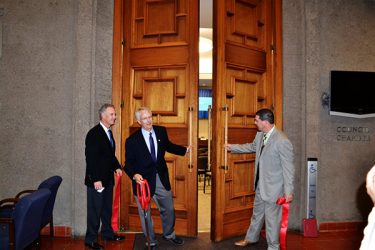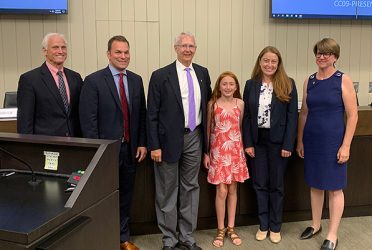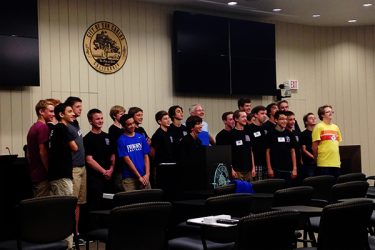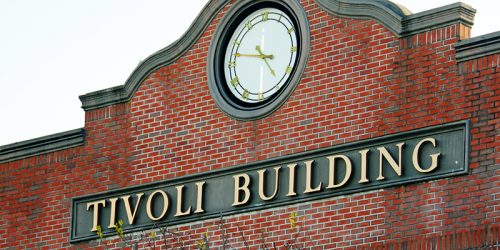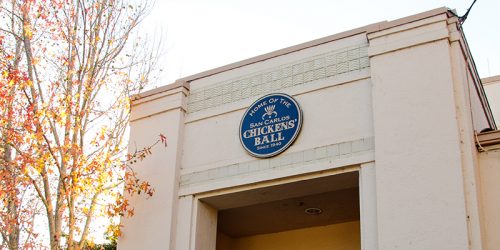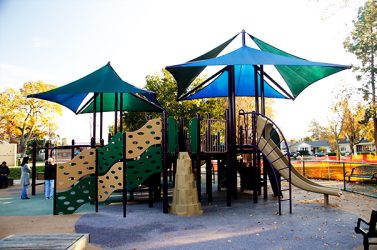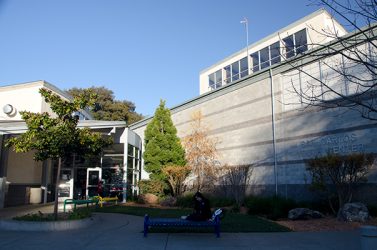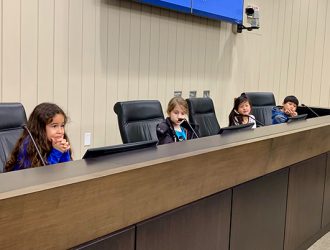This is one in a series of catch-up articles, related to Council discussions and actions which took place a few weeks ago. Life got in the way so it’s taken me until now to write about them. But I think they touch on important topics so I figure they’re worth publishing even if they’re a bit out of date.
At our meeting in late September staff asked to pull an item off the agenda due to a “typographic error”. The item in question was a proposed agreement between the City and Arbor Bay School, an educational institution for children dealing with certain kinds of learning disabilities. Arbor Bay rents the old Kiwanis building, next to the Youth Center, from the City.
The proposed agreement would have the City forego any rent increase for two years and allow Arbor Bay to defer paying rent for a period of time (paying the City back later). Such rent forbearance agreements are fairly common during the pandemic era. This one was the result of the Council asking staff to negotiate one with Arbor Bay earlier this year.
Typographic errors happen so I didn’t think anything of the request to pull the item and bring it back at our next meeting. I was perfectly fine with the proposed terms, but I figured a couple of weeks delay wouldn’t hurt Arbor Bay. They were on board with the proposal but it’s better to get things right, after all.
But the agreement that came back was fundamentally different from the first one. It cut the benefits in half, essentially reducing a 24 month “support window” to 12 months.
That’s not a typographic error. It’s a way of re-negotiating the agreement unilaterally (since I know Arbor Bay didn’t want to shorten the support window). Either because staff belatedly realized 24 months was too long or because one or more Council members expressed concerns, privately, to staff before our last meeting1.
The former is disturbing because it means contracts are coming all the way to the Council with fundamental errors in them.
The latter is also disturbing. Because it means the framework of decisions are being made outside of the public view. It’s also not transparent, particularly when the need is characterized in a deliberately misleading way (i.e., as a “typographic error”).
Personally, while I was told the “real” answer is Door Number 1 I don’t believe it2. Anyone can make a mistake. But I have too much respect for staff to think one as fundamental as this could’ve survived the internal review process. And I’ve been told it was reviewed, by both the City and Arbor Bay, multiple times before it was put on the agenda for action.
If it was Door Number 2 I really wish those of my colleagues who had concerns would’ve simply raised them during our discussion of the contract and proposed a shorter support window. That would preserve transparency — acting on what we say we’re going to consider — and not undermined faith in local government.
Which, as I pointed out Monday night, the actual course we followed did.
Not to mention it’ll cause others looking to negotiate with the City to wonder how valid the negotiation process really is if it can be re-started at the last minute due to a “typographic error”.
That’s allowed under the Brown Act. Only conversations among a majority or more of electeds outside of public view is restricted. Talking to your City Manager is allowed, provided they don’t share what one elected says to another. ↩
And yes, I may be indulging in the delusional paranoia I often warn about in these articles. You can make up your own mind about that. ↩




